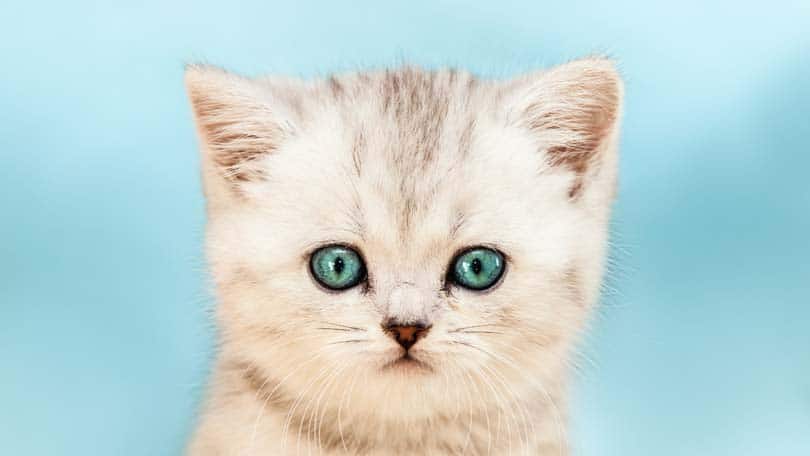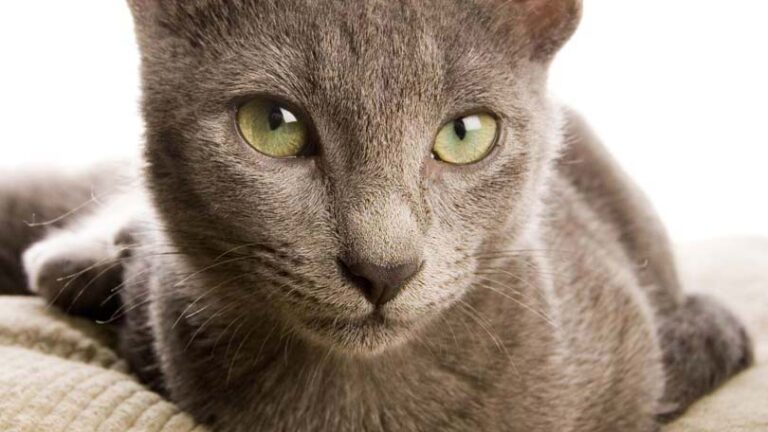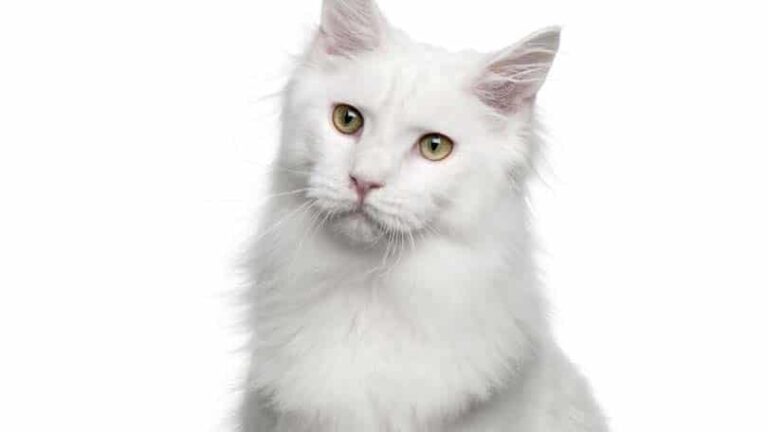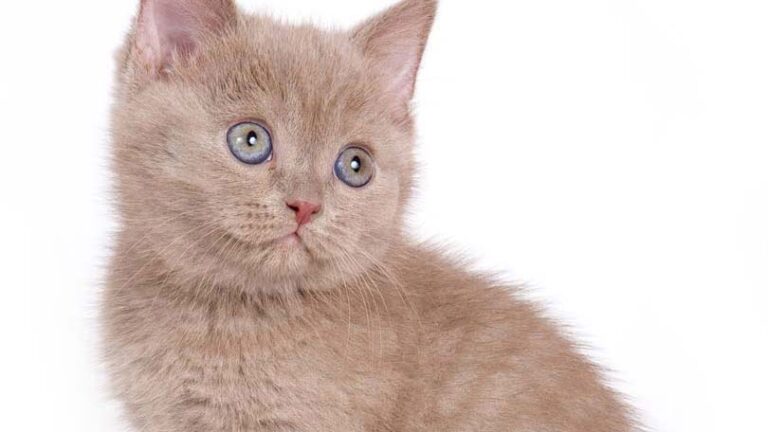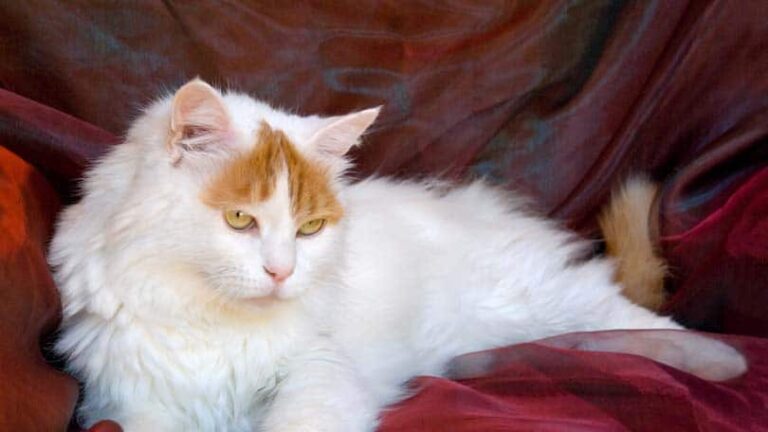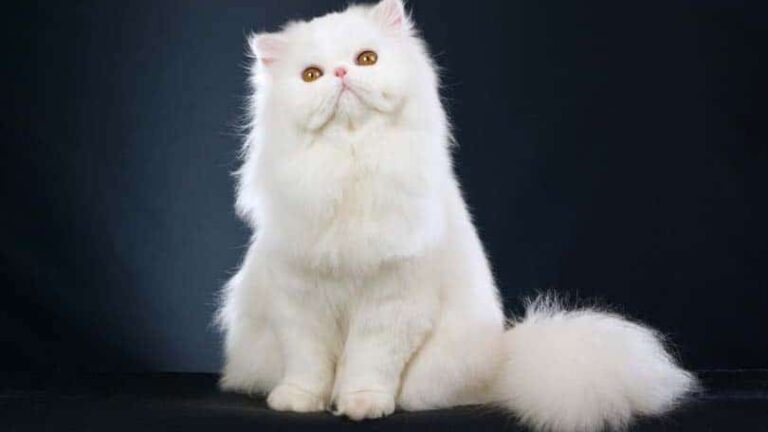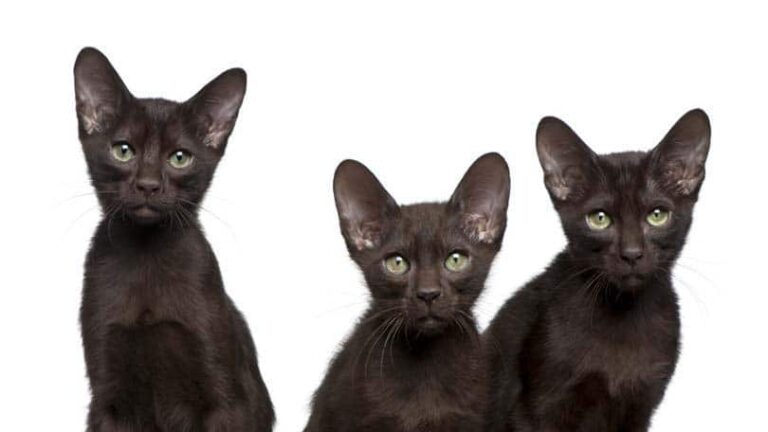When Do Kittens Lose Their Baby Teeth
Who can resist a tiny kitten? Most definitely not any of us marvel at how unique each kitten can be.
Good dental care is always important for your kitten’s overall health. Neglecting your kitten’s oral hygiene can lead to plaque and periodontal disease. But when do kittens lose their baby teeth? Kittens are born without any teeth with baby teeth start appearing within the first two weeks.
Know the Signs
Since your kitten cannot tell you when she is losing a tooth or has dental pain, it’s up to you to you as pet parent to know the signs.
Losing kitten baby teeth is normal. Kittens are born with no teeth and their first set of teeth, called deciduous teeth appear at 2 weeks of age. Adult teeth usually arrive at around 8 to 10 months and teeth will stop growing once a kitten reaches adulthood.
Symptoms
Symptoms of baby tooth loss include decreased appetite, and sometimes oral bleeding, which may appear in water or food bowls as blood specks. Kittens may also constantly paw at their mouth and appear to shake their heads. This is because they are experiencing pain. Tell tale signs such as sensitivity to touch on their face and decreased grooming activity are suggestive of your kitten losing her baby teeth. On the other hand, taking your kitten to the veterinarian and having a diagnosis made through a dental examination, always helps to ease the worrying, that there are no other medical issues.
Oral Pain and Eating
Oral pain is the most common sign of dental pain. Some kittens will stop eating for a while and will only eat canned food because it is that much easier to chew. Kittens will have difficulty chewing dry food. Feeding homemade pureed fish will help entice your kitten to the feed dish. Homeopathic medicines such as teething granules are available and will help calm teething kittens. Most pet parents find that the pain of teeth breaking through gums will cause kittens to behave aggressively and abnormally. Massaging the gum line and tooth brushing will bring some relief. Dental gel and powders for felines are available from veterinarians and pet stores. Times such as these can be challenging to the most patient pet parents, but fortunately do not last long.
Stages of Tooth Development
At two weeks of age kittens will have 12 incisors. By 4 weeks of age 4 canine teeth appear. Kittens at six weeks of age will have 12 incisors and by 8 months they will have 10 premolars. By six weeks of age all 26 of your kitten’s teeth should be visible. The last of 4 molars appear in early adulthood or the late teenage stage. At six months, a kitten will have 30 adult teeth.
Can Kittens Swallow Their Baby Teeth?
Most times you will not find their baby teeth since kittens often swallow them. This does not cause problems.
Frozen Teething Toys
Pet Stages Catnip Chew Rings and the Nybalone Kitten Chew n’ Teeth are among the favorite choices for cat parents with teething kittens. Buying chewing toys allow for the pet parent some peace of mind, knowing that these simple but fun toys can ease teething pain. These toys are made in either rubber or plastic and are easy to freeze. Buying a nice selection of interactive toys is best and gives kitty the option of choice. Interactive toys alleviate boredom and will distract your kitten when he goes through teething pains.
Brushing Teeth
No so easy! According to the American Dental Society, 70% of felines will have oral disease by the age of three. Research shows a high of 85% of cats as having periodontal disease.
Introducing a toothbrush to kitty should be done gently and with great care. Kittens first have to learn to trust their pet parents. Once this trust has been established, the first method of using a fingertip toothbrush is probably the most easiest with kittens. Feline toothbrushes should only be used with pet toothpaste. Brushing close to the gumline will eliminate all calculus build up and prevent tooth decay. Starting oral hygiene in kittens allows for them to get used to having their teeth brushed and will promote good oral hygiene in later years. If you suspect that your kitten may have a dental problem, make an appointment with your veterinarian or veterinary dentist. Home tooth brushing and regular checkups are a step in the right direction to preventing dental problems like resorptive lesions and other problems. Breeds such as Persians, Chinchillas, British and Exotic Shorthairs often have abnormally positioned teeth. Their jawbones are way too small resulting in overcrowding and misalignment.
Our kittens depend on us for good medical care as well as food, shelter and love. Each kitten’s unique personality will display unique behavioral responses to losing baby teeth and the pains of teething. If you’re a new kitten parent, consult with your veterinarian. This will help you work through any behavioral problems linked to teething such as biting or clawing and chewing furniture.
Article By: Claudia Bensimoun

Having discovered a fondness for insects while pursuing her degree in Biology, Randi Jones was quite bugged to know that people usually dismissed these little creatures as “creepy-crawlies”.

